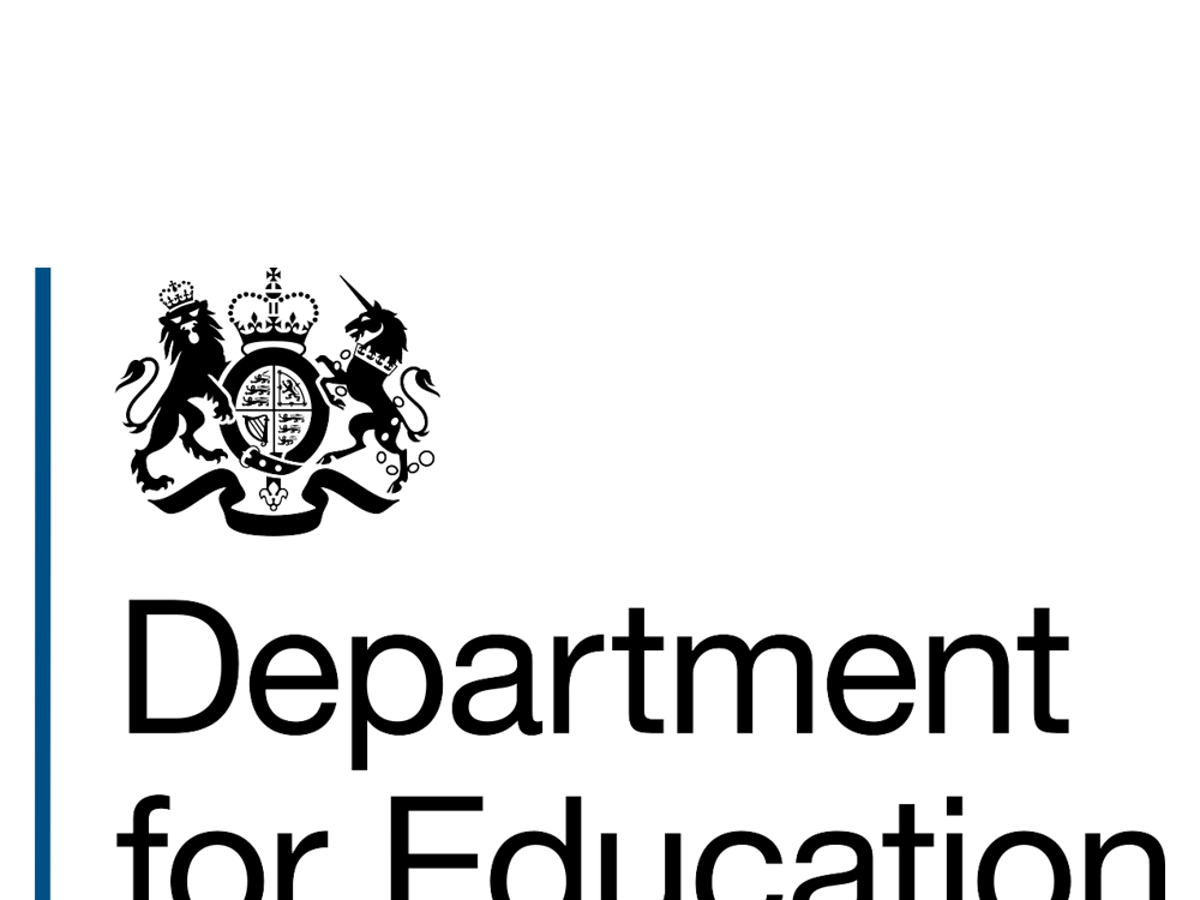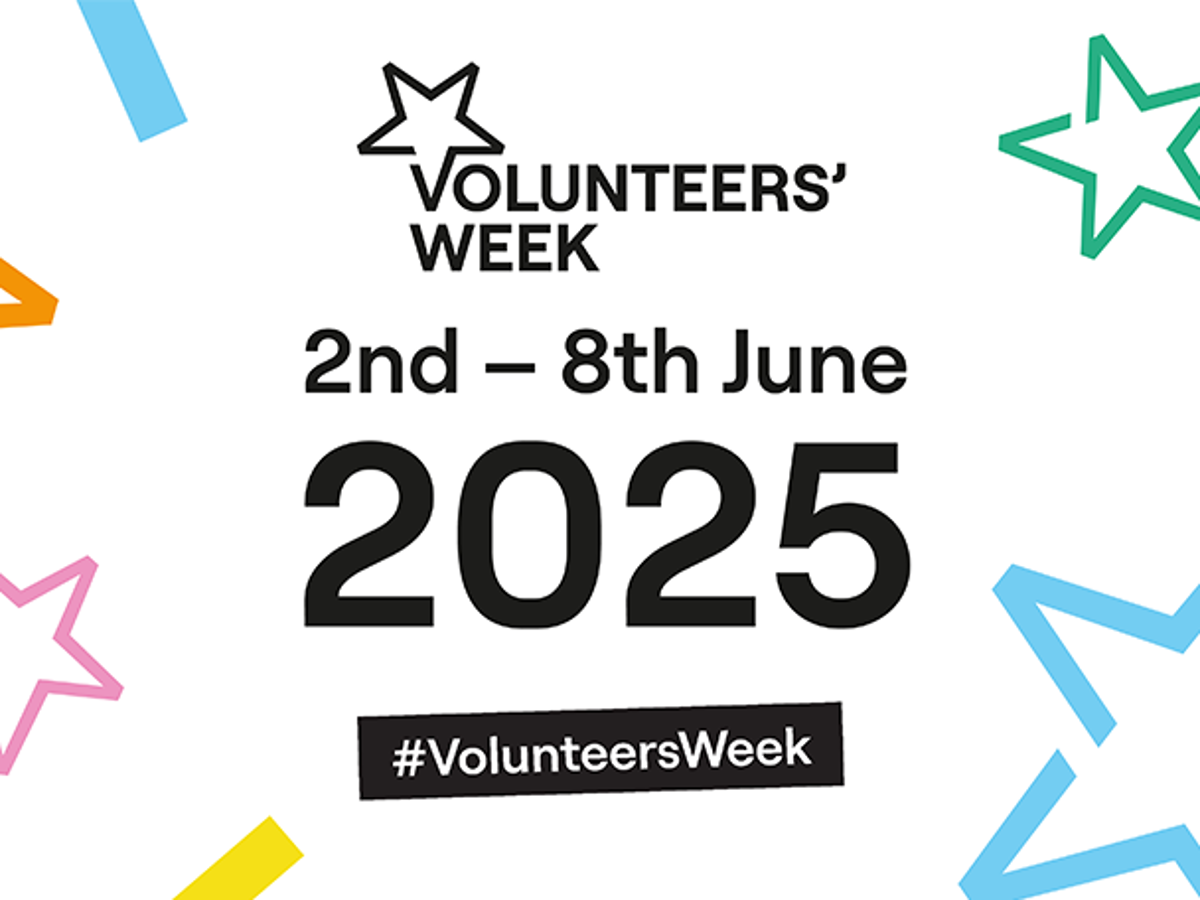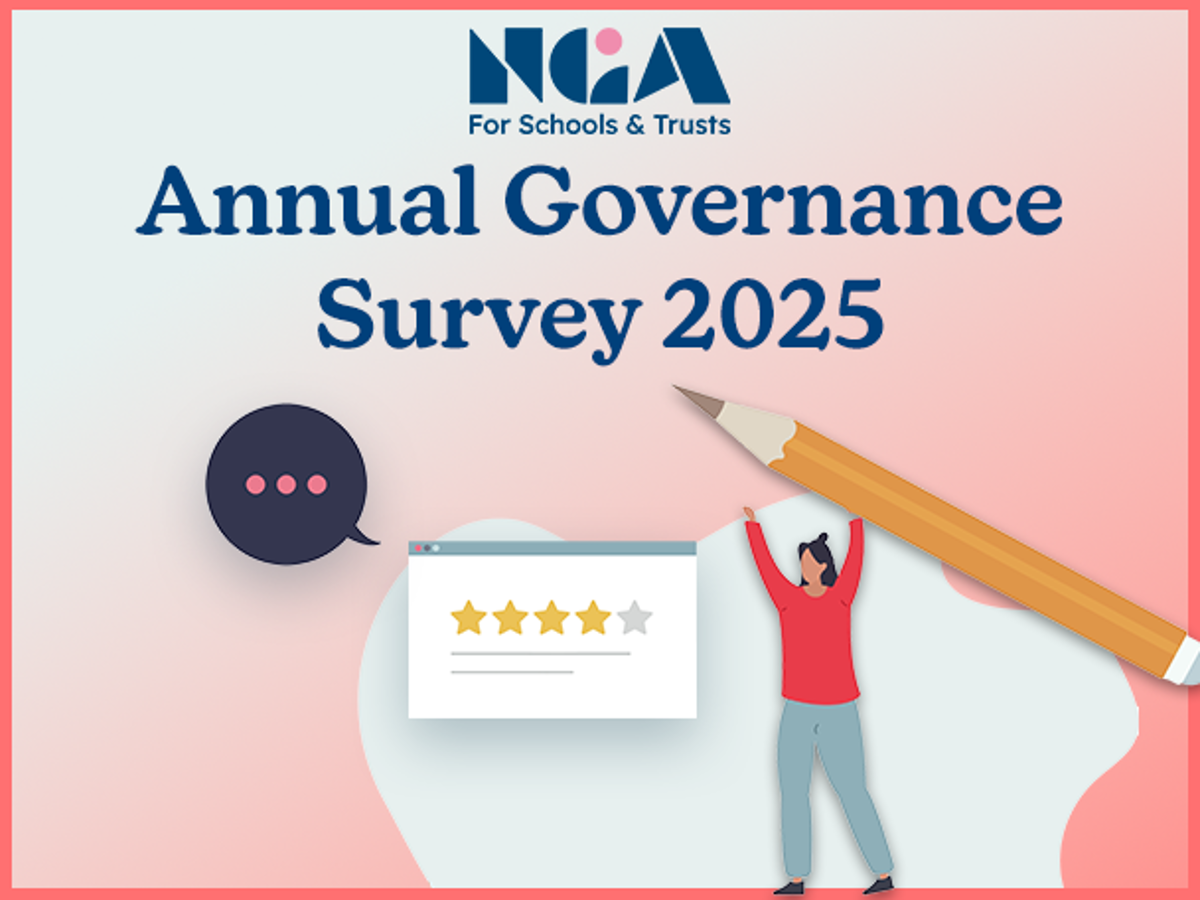The Annual Governance Survey: The Invaluable Source
NGA has undertaken an annual governance survey of schools and academy trusts for 14 consecutive years. In the absence of any official data, it has become part of the sector's furniture, capturing the views and activities of governing boards from across the nation.

NGA has undertaken an annual governance survey of schools and academy trusts for 14 consecutive years. In the absence of any official data, it has become part of the sector's furniture, capturing the views and activities of governing boards from across the nation. Of course, we encourage the Department for Education (DfE) to fund governance research, but there has not been much for quite a while, so we will keep filling the gap.
The survey’s longitudinal data is a wonderful insight into governance practice and challenges over time. We have used it to plot and inform the development of MAT governance. Another example is the charting of the challenges of volunteer recruitment. Since the pandemic, we have heard from every direction that this was becoming increasingly difficult, but the annual figures showed little change initially, until 2023 when the number of governors and trustees reporting recruitment challenges shot up:

More on this here. Will that result be repeated this year?
Another significant change over the years has been the size of boards. In 2012, 39% of boards had more than 15 members, and this had declined to only 5% when the question was last included two years ago. At the other end nearly half of governing boards (47%) in 2022 had ten or fewer members compared with 17% in 2013. One in five (21%) boards in 2022 reported eight or fewer members compared with 3% in 2013. As with all our data, we can divide it by many variables, including school and trust type.

DfE has discussed with us on a number of occasions whether the volunteer recruitment crisis can be solved simply by reducing the number of places on a board. Many of you say you have taken this as far as you can; the volume of the work expected needs your current number of board members to make it manageable.
Which brings me to the issue of governance workload: last November we published a report which drew on a staggering 2,500 contributions from the survey on the pressure trustees and governors face. We were able to identify the main factors contributing to that workload, propose some solutions, but also raise the profile of governance and the associated workload issue with partners and the powers that be.
The data is also central to the way in which NGA can represent the governance community with confidence. You have been telling us for years that the DfE-funded National Professional Qualifications (NPQs), which aim to develop school leaders, are not quite fit for purpose. The DfE’s Headteacher Standards were revised in 2020 and then the NPQs reformed, - we were involved in both those exercises.
The annual survey data told us then that senior leaders - in both trusts and schools - struggled with organisational management (including management of staff, strategy, risk and particularly finances) and to a lesser extent, parental engagement, partnership working and leading change, those elements of the role that are outside the experiences of a classroom teacher, more than any other aspect. I lobbied for these aspects to be at the forefront of the NPQs, particularly those aimed at aspiring headteachers and executives; even though the framework did not go into sufficient depth, I was assured these aspects would be taken seriously by both the DfE and those delivering programmes. But there has been no detail forthcoming, and we are now hearing from you again that the NPQs are not preparing candidates well enough for headship and executive positions, so this year we are monitoring this again.
Every year NGA gives written and oral evidence to the STRB, the independent body which makes recommendations to the pay framework for teachers and leaders. The evidence the survey gives us provides the starting point for those representations. It also tells us just how important support staff pay, particularly that of teaching assistants, is to you when it comes to retaining staff who are able to command better salaries elsewhere.
I am not going to skew this year’s data by reminding you of the top priorities and challenges of recent years, and we do know many of these issues vary according to context, even though they often end up very similar across the regions of England. However, there was a prevalent regional difference last year, with one-quarter of London schools saying falling pupil numbers was one of their top three challenges - much higher than other regions, which were coming in at between 9% and 14%. This gap between regions may have closed a little this year as that challenge becomes more widespread across the country. Read last year’s report here.
None of this information would exist if those hard-pressed volunteers did not make the additional time to share their experience. Thank you so much. It is invaluable. Please spread it far and wide. You do not have to be an NGA member to take part.

Former Chief Executive
After 14 years with NGA, Emma has departed from her role as Chief Executive. During her tenure, Emma was a strong advocate for the school governance community, engaging with legislators, policymakers, education sector organisations, and the media on a national level.












































